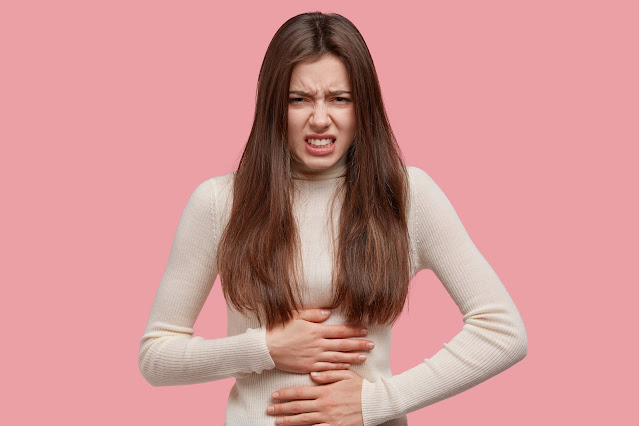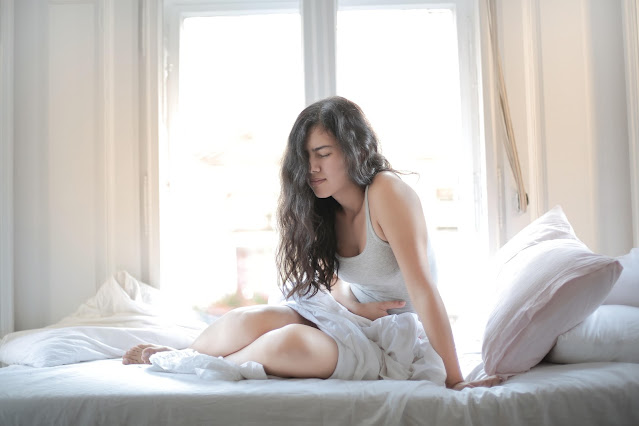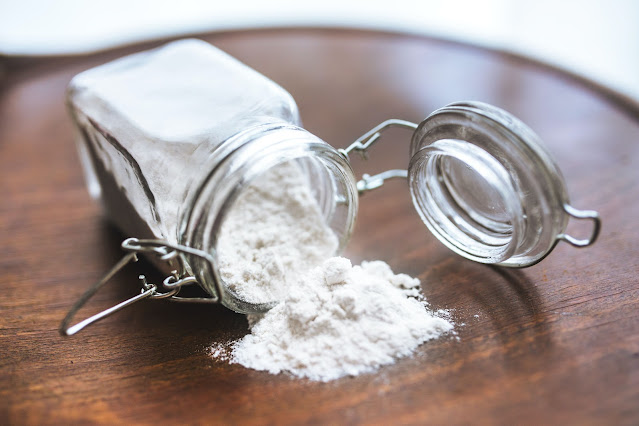Being a gourmand and suffering from stomach problems go hand in hand. it's a common trait among Indians. Indigestion, gas, bloating, hiccups, heartburn, stomach discomfort, ulcers, and nausea are all symptoms of gastric problems. Binge eating, smoking, drinking alcohol, sleeping problems, eating junk food, stress, and so on are all common side effects of an unhealthy lifestyle.
What are the symptoms of gas?
The signs and symptoms of gas differ from person to person. Belching, bloating, and distention, as well as passing gas, are all common signs of gas in the digestive tract. It's typical to experience occasional gas symptoms, especially during or after meals.
If gas symptoms occur frequently, bother you, or interfere with your everyday activities, they may be a problem.
- Nausea and vomiting
- Diarrhoea and loss of appetite are all symptoms of stomach discomfort (intermittent or persistent searing, gripping, or gnawing pain).
- Belching
Burping or belching is the process of releasing gas from your stomach via your mouth. Belching occurs up to 30 times per day on average.
Some folks may believe they belch more frequently than they should. People belch a lot because they swallow too much air and release it before it reaches the stomach in some situations.
- Distention and bloating
Bloating is defined as a sense of fullness or swelling in the abdomen or belly button. Doctors refer to this as distention when your abdomen expands more than usual. Only approximately half of those who suffer from bloating also suffer from constipation. 4,5 When there is bloating or distention, some persons may experience abdominal discomfort or pain.
- Gas passing
According to studies, humans pass gas through the anus 8 to 14 times per day on average.
6 Some people, on the other hand, may pass gas more frequently. According to experts, passing gas up to 25 times per day is normal. 6,7
Flatulence is the result of too much gas in the digestive tract, which causes gas to pass. Flatus is the gas that travels through the body. Flatulence sufferers may believe they are passing too much gas or that their flatus has an unpleasant odour. The sulphur in the flatus could be the source of the odour.
What are gastrointestinal disorders?
A gastrointestinal condition is defined as an illness that affects the gastrointestinal tract (also known as the GI tract). The mouth, oesophagus, stomach, small and large intestines, and anus are all included. Our digestive system is made up of the GI tract, the liver, pancreas, and gallbladder.
Acid reflux, bloating, burping, regurgitation (food coming back into the mouth from the stomach) and constipation are some of the frequent gastrointestinal issues seen during the pandemic due to the aforementioned reasons.
With gastritis, can you drink alcohol and consume any foods?
Alcohol, spicy, fatty, and fried foods are foods and other substances that should be avoided to lessen or prevent gastritis symptoms. Furthermore, anything potentially poisonous or unpleasant to the stomach should be avoided (for example cigarette smoking, acidic drinks like coffee, garlic powder, chilli powder, peppers and tomato products).
What is the best gastritis treatment?
Gastritis therapies vary and are contingent on successful treatment of the underlying cause. For symptom relief, the most popular treatments are over-the-counter (OTC) and prescription drugs.
Another helpful approach to cure and prevent gastritis is to follow a diet that excludes hot, fried, and/or spicy foods, alcohol consumption, and consuming foods to which you may be allergic.
What home remedies relieve symptoms of gastritis?
- Ginger Tea
This is one of the most effective home treatments for gas in the stomach. To prepare it, a slice of raw ginger root is cooked in water. The primary component of ginger, gingerol, has antioxidant and anti-inflammatory properties. When taken before or after a meal, it boosts saliva, gastric juices, and bile production while also neutralising stomach acid.
Ajwain (carom seeds), caraway (shahi jeera), licorice (mulethi), and holy basil (tulsi) are some of the other ingredients that can be soaked in water and used to help with digestion, gas, bloating, cramps, and nausea.
- Chia Seeds
Chia seeds have anti-inflammatory properties and can aid in the relief of acid reflux symptoms. They're also high in vitamins, minerals, fibre, and omega-3 fatty acids, among other things.
After soaking in water, these can be added to cold drinks, smoothies, fruit juices, yoghurt, oatmeal, puddings, and other dishes. Chia seeds are a good home treatment for gastrointestinal pain because of their properties.
- Chilled Milk
A glass of chilled, fat-free, sugar-free milk provides immediate relief from acid reflux's searing sensation. Calcium is present, which not only neutralises acid but also prevents it from forming.
- Lemon-flavoured drinks
Gastric pain is relieved quickly with lemon water or lemon tea. Add a pinch of black salt, powdered roasted cumin seeds, and ajwain to lemon water to enhance the flavour and health benefits, making it a fantastic stomach-pleasing drink.
A pinch of baking soda added to a glass of lemon water can also aid digestion and lower acidity.
- Other Beverages
Before, during, or after meals, add 2-5 drops of apple cider vinegar or clove oil to a beverage like water or tea to assist ease gastrointestinal discomfort.
- Baking Soda (sodium bicarbonate)
Baking soda can help to neutralise stomach acid and relieve indigestion, bloating, and gas after a meal. Mix 1/2 teaspoon baking soda with 4 ounces warm water in a glass and drink.
Sodium bicarbonate is generally considered to be safe. Constipation, diarrhoea, irritability, vomiting, and muscle spasms are just a few of the negative side effects of consuming too much baking soda. If you drink a half-teaspoon baking soda solution for indigestion, wait at least two hours before drinking it again.
- Remove any foods that are causing you discomfort
Avoiding certain meals that may cause gas to become trapped is one of the most proactive home remedies for gastric pain. The following foods are known to cause gas build-up:
- Dairy-based products
- Supplements and fibre drinks b. Fried foods c. Onions and garlic d. Onions and garlic
- High-fat foods f. Prunes, as well as prune juice
- The spiciness of any kind
Is there a particular gastritis diet?
There are some broad guidelines for what foods and beverages to consume to help prevent and relieve gastritis symptoms. Diet adjustments may result in little or no difference in gastritis symptoms if the underlying causes are not treated (for example, severe H. pylori infection, eating spicy foods, and/or drinking alcohol).







